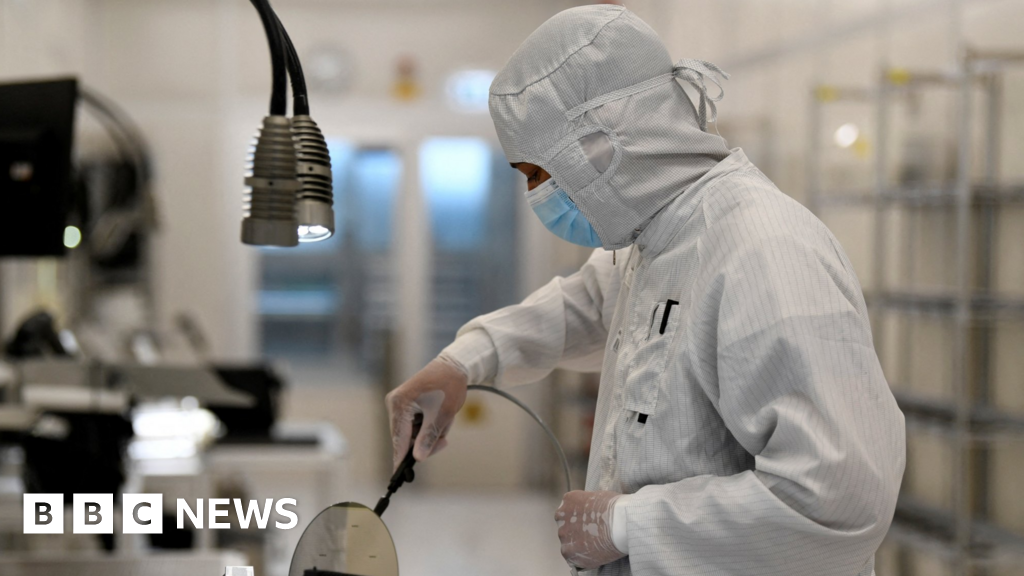[Submitted on 28 Sep 2025]
Abstract:Pipeline parallelism is widely used to train large language models (LLMs). However, increasing heterogeneity in model architectures exacerbates pipeline bubbles, thereby reducing training efficiency. Existing approaches overlook the co-optimization of model partition, model placement, and workload scheduling, resulting in limited efficiency improvement or even performance degradation. To respond, we propose AdaPtis, an LLM training system that supports adaptive pipeline parallelism. First, we develop a pipeline performance model to accurately estimate training throughput. Second, AdaPtis jointly optimizes model partition, model placement, and workload scheduling policies guided by this performance model. Third, we design a unified pipeline executor that efficiently supports the execution of diverse pipeline strategies. Extensive experiments show that AdaPtis achieves an average speedup of 1.42x (up to 2.14x) over Megatron-LM I-1F1B across various LLM architectures and scales.Submission history
From: Wei Gao [view email]
[v1]
Sun, 28 Sep 2025 08:05:13 UTC (1,517 KB)
.png)




